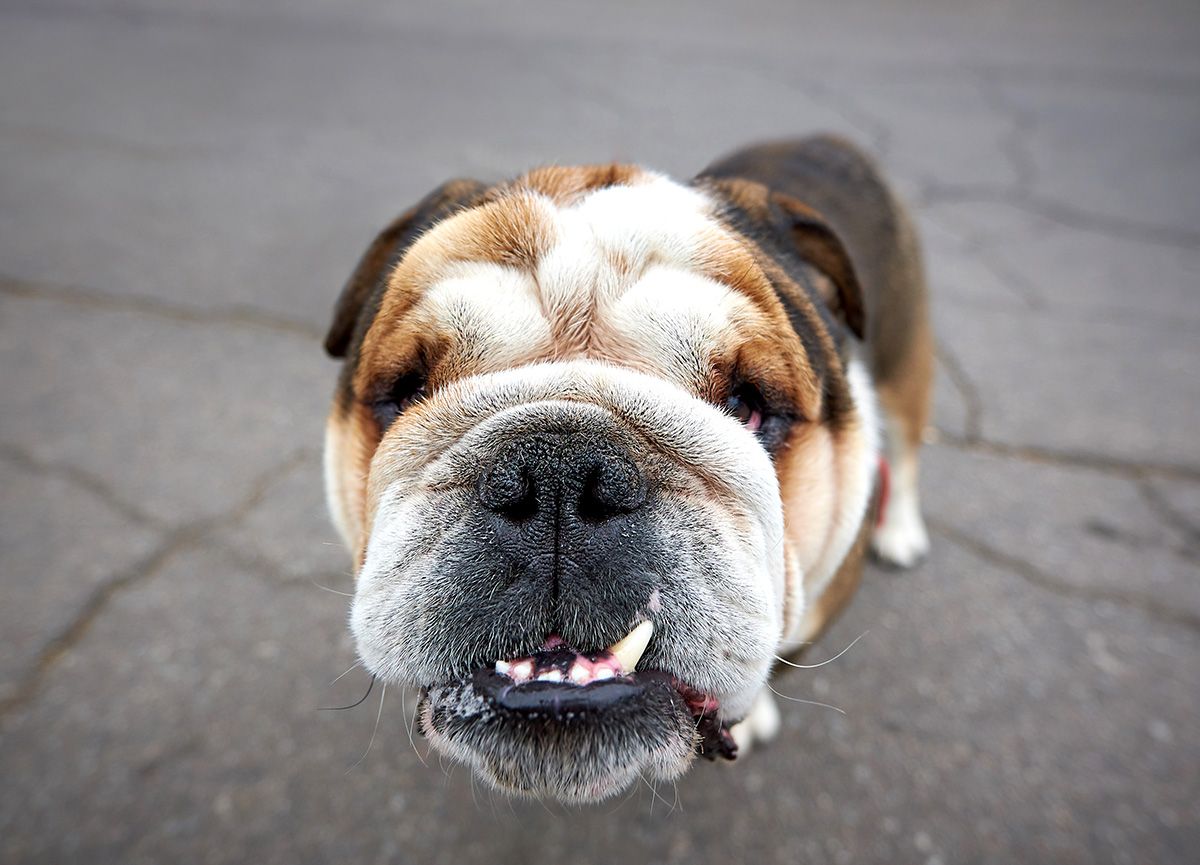Understanding Canine UTI Infections: Symptoms, Care Options, and Vitamin Supplements
Learn how to identify and care for dogs with urinary tract infections (UTIs). Discover the common symptoms, effective treatment options, and the role of vitamin supplements in supporting their urinary health.

Urinary tract infections (UTIs) can affect dogs of all breeds, including the beloved English Bulldog. These infections can cause discomfort and distress to our furry friends.
This information is good for all breeds of dogs, but in this article, we will reference bulldogs but the information is standard for all types of dogs.
Recognizing the Symptoms:
English Bulldogs, like all dogs, may exhibit certain signs if they have a urinary tract infection. Keep an eye out for the following symptoms:
a. Frequent urination: If you notice your Bulldog needing to relieve themselves more frequently than usual, it could be a sign of a UTI.
b. Straining or pain while urinating: Your Bulldog may experience discomfort while urinating, which could indicate an infection.
c. Blood in urine: This is a concerning sign and should be addressed promptly by a veterinarian.
d. Urine accidents: A well-trained Bulldog suddenly having accidents in the house could be a sign of a UTI.
If you observe any of these symptoms, it's essential to consult with a veterinarian for a proper diagnosis.
Seeking Proper Care Options:
Once a UTI is diagnosed in your English Bulldog, your veterinarian will recommend appropriate care options to alleviate their discomfort and resolve the infection. Common care options include:
a. Antibiotics: To combat the infection, antibiotics are typically prescribed. It's crucial to follow the veterinarian's instructions regarding dosage and duration for optimal results.
b. Increased hydration: Encouraging your Bulldog to drink more water can help flush out bacteria from their urinary system. Provide fresh water throughout the day and consider using a pet water fountain to entice them to drink more.
c. Frequent potty breaks: Regular bathroom breaks can help prevent urine stagnation, reducing the risk of bacterial growth. Take your Bulldog outside more frequently to ensure they can empty their bladder.
d. Adequate fiber intake: A moderate amount of dietary fiber can promote regular bowel movements, which may help prevent constipation. Constipation can contribute to UTIs by allowing bacteria to accumulate in the urinary tract. Include fiber-rich foods like pumpkin or green beans in your dog's diet, but ensure that the fiber content is appropriate for their individual needs.
e. Maintaining hygiene: Good hygiene practices are essential in preventing recurrent UTIs. Ensure that your Bulldog's genital area is kept clean and dry. Regular bathing and proper grooming can help maintain their urinary health.
The Role of Vitamin Supplements:
In addition to the care options mentioned above, incorporating certain vitamin supplements into your Bulldog's diet can support their urinary health and overall well-being. These supplements may include:
I have all of these products, currently, our dogs are taking these and they are working for them. I would never list anything on here that I have not tried.
a. Cranberry extract: Cranberry has been known to promote urinary tract health by preventing bacteria from adhering to the bladder walls. Consult with your veterinarian to determine the appropriate dosage for your Bulldog.
Nutramax Crananidin:


b. Probiotics: Probiotics help maintain a healthy balance of gut flora, which can indirectly support urinary health. They aid in strengthening the immune system, reducing the risk of infections.
Apple Cider Vinegar:


c. Omega-3 fatty acids: These essential fatty acids possess anti-inflammatory properties that can help reduce inflammation in the urinary tract, potentially alleviating symptoms of UTIs.
Omega-3:


Other supplements we have used for support:
Treats and Chewables:





